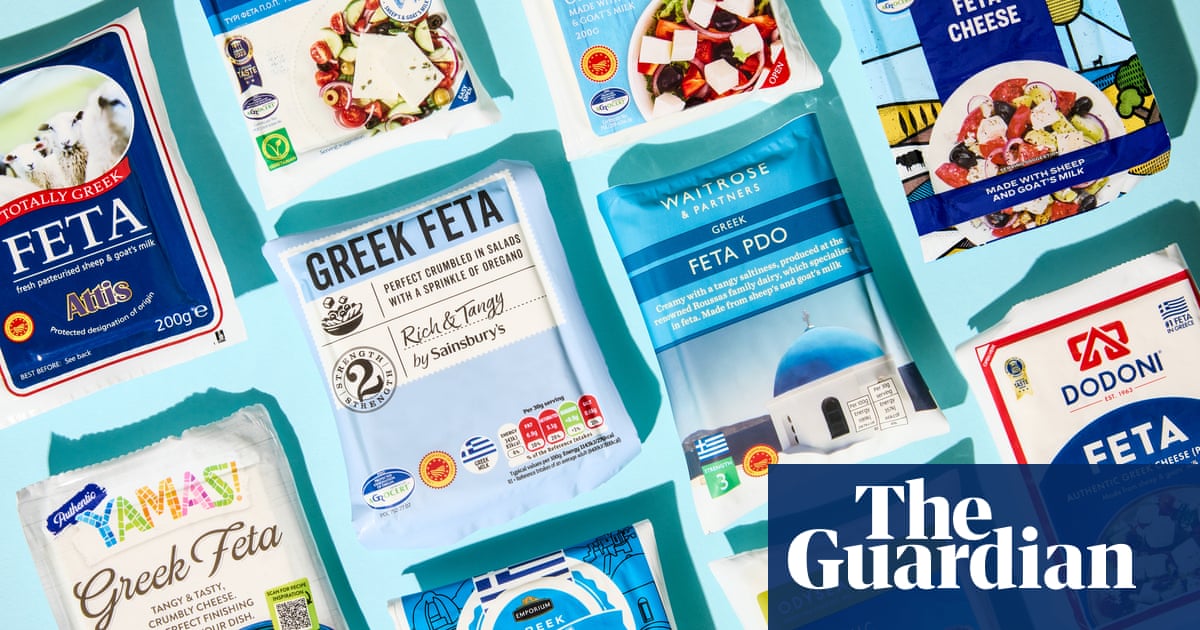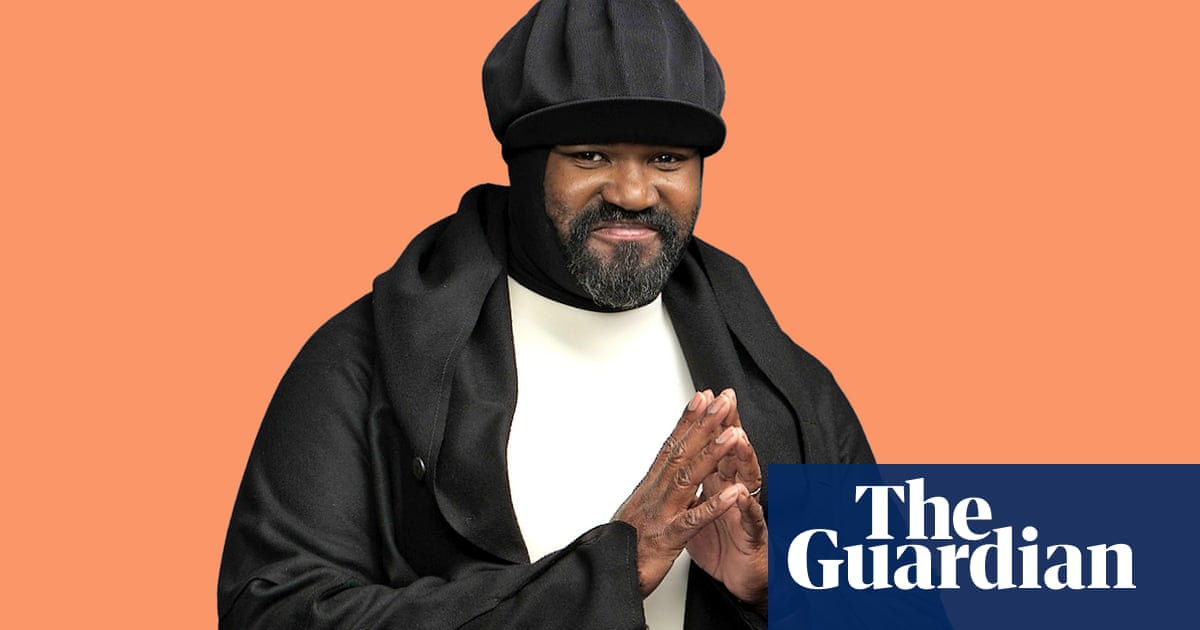The stock market is plunging, prices are rising, federal workers are getting laid off, students are being snatched off the street by immigration agents. The US is many things at the moment, but stable is not one of them. So, amid all this turmoil, how are all the Donald Trump voters feeling? Has buyer’s remorse set in? Are they starting to wonder whether voting in a convicted felon as president – a man who has declared bankruptcy six times – might not have been the wisest move?
Not according to the polls. Rather, the US appears to be a nation of Édith Piafs: they regret rien. I’m not saying that disillusioned Republicans don’t exist; do enough digging and you can certainly find a few. And journalists have been doing a lot of digging. During Trump’s first term, there was a steady stream of media pieces profiling the regretful Trump voter. The genre has remained popular through the first few months of Trump 2.0. But, according to a much-discussed segment by CNN senior data reporter Harry Enten this week, polling proves that the idea of “regretful” Trump voters is “more of a media creation than anything else”.
“I hear all these stories, all these articles, all the Trump voters, they regret what they did back in 2024. I’m here to tell you, uh-uh. Very few of them regret what they did back in 2024,” Enten said on Wednesday.
Enten was referencing a new poll from the University of Massachusetts Amherst which found that just 2% of Trump voters agreed with the statement “I regret my [2024] vote and would vote differently if I could”. That’s almost half the number (3.5%) of Trump voters who said the same thing in February 2017. Meanwhile, 74% of Trump voters said they feel very confident that they made the right choice.
Of course, polls aren’t always reliable. Indeed, I’m going to be a little cruel and refer you back to an Enten segment from five days before the election, where the data guru looked at three 2024 polling trends that pointed to a potential victory for vice-president Kamala Harris. “If Harris wins the signs were clear as day,” he declared. In short: Mark Twain had the measure of polling when he said “there are three kinds of lies: lies, damned lies, and statistics”.
Asking people whether they regret an important choice they just made is also a loaded question. It’s akin to asking them “are you a complete idiot?” So I would treat these particular polls with a dose of caution: just because people don’t actively admit to regretting their vote, it doesn’t mean that they’re not worried about the direction the country is headed in, or that they’re thrilled about Trump’s performance as president. On the contrary, Trump’s approval rating is dropping and a lot of people are worried about inflation and higher prices. Everyone is feeling some pain right now.
In a hyper-polarised country, however, what seems to really matter to many voters isn’t how much pain they’re feeling themselves, but whether the other side is suffering more. I could cite various academic papers on the politics of resentment; I could surface endless statistics on the subject. But I think the best summation of Trumpism is a quote from a woman called Crystal Minton from back in 2019, which went viral after being included in a New York Times report. Minton lived in a Florida town that had been ravaged by the double whammy of a hurricane and a Trump administration-instigated government shutdown, and was suffering. “I voted for [Trump], and he’s the one who’s doing this,” Minton complained. “I thought he was going to do good things. He’s not hurting the people he needs to be hurting.”
Right now, however, Trump is hurting the sort of people many of his voters seem to be interested in seeing get hurt. He’s an avenging angel, wreaking vengeance on the elite institutions, scapegoats and bogeymen that the Republican party has spent years blaming for the state of the US. He’s cut funding to all the Ivy League universities he’s called “woke” and declared out of touch with American values. He’s gone after transgender people. And he has rounded up immigrants and protesters, just as he promised he would do.
Trump isn’t just doing every vindictive thing he told his supporters he was going to do: he’s trolling his detractors via nasty memes. He’s rubbing salt in their wounds. There has been what Marcus Maloney, a sociology professor at Coventry University in the UK, called a “4Chanification of American politics”. The White House Valentine’s Day post, for example, was a poem: “Roses are red, violets are blue, come here illegally, and we’ll deport you”. Cutesy font appeared above the floating heads of Trump and his border czar, Tom Homan. And a video last month posted by the White House showed a man being deported while Semisonic’s famous lyrics played in the background: “You don’t have to go home, but you can’t stay here.” The cruelty is very much the point.
While Trump may be hurting all the people he said he’d be hurting, there’s plenty of pain to go around. There has been a lot of anger from some of Trump’s backers in Wall Street over the volatility that the president’s tariff policy had injected into the stock market. Some of his billionaire backers, such as the investor Bill Ackman, have been screaming bloody murder. But for a lot of Trump’s backers, the fluctuations of the stock market have no immediate effect on their lives. The top 10% of Americans hold 93% of all stocks. This is what happens when inequality reaches record levels: you get a group of people with nothing to lose, which means they have little to regret. You get people happy to burn the whole system down.
None of this is to say that Trump voters are immune to remorse. With his tariff plan, he is just getting started. The president may be good at bluster, but even his most diehard supporter are going to realise quite quickly that food prices – which Trump promised to lower on the campaign trail – are not, in fact, going down. When the price of basic goods keep rising, there’s only so long you can keep feeding people obvious lies. Perhaps the Trumpers won’t get quite so much of a dopamine rush from “owning the libs” when they can’t afford to own anything else.
-
Arwa Mahdawi is a Guardian columnist

 20 hours ago
10
20 hours ago
10













































